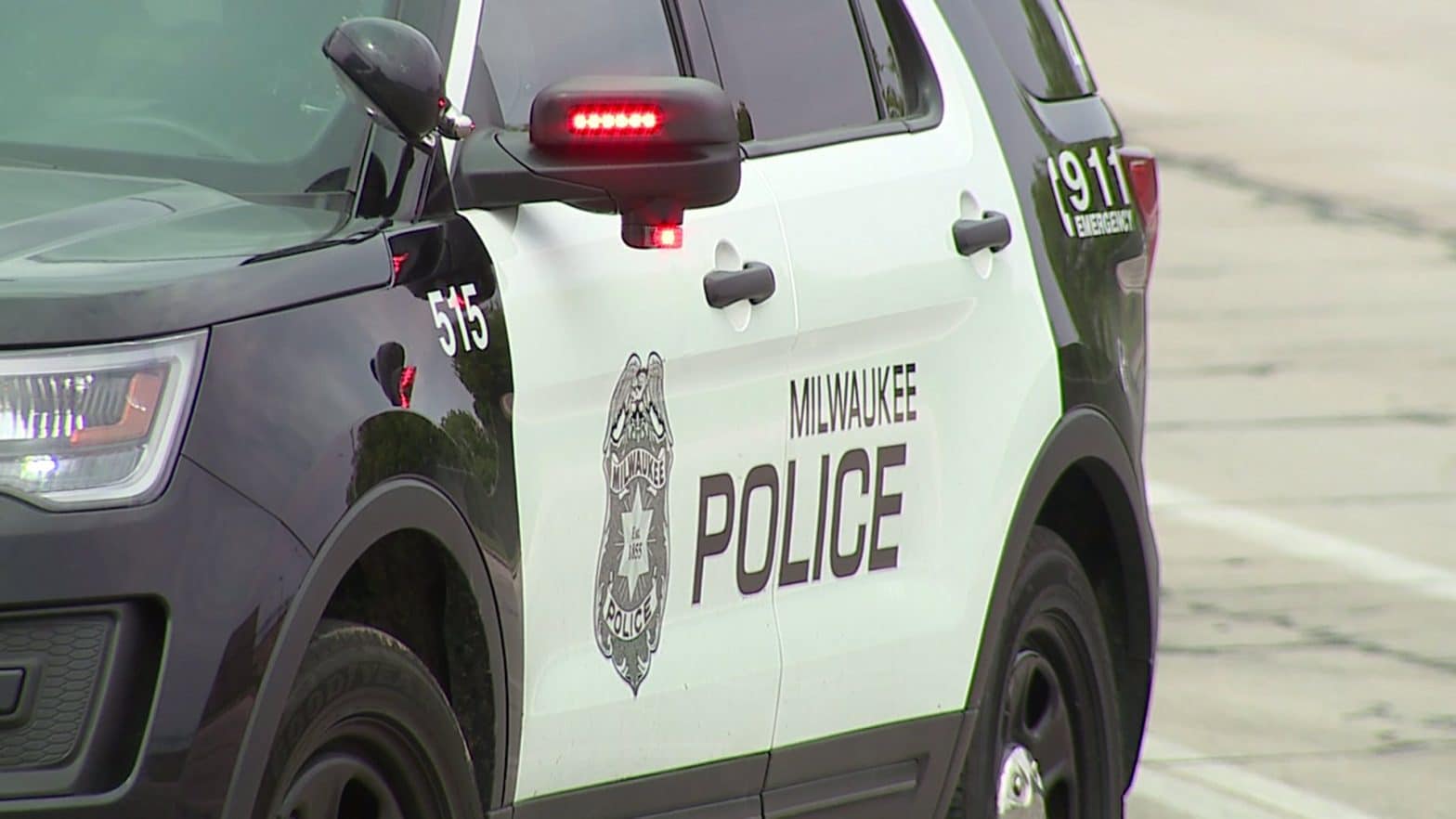SCOTUS Case Preview: The Rights of An Unconscious Motorist

This is one of five noteworthy Supreme Court cases that will be heard between April 16 and April 23. You can read the other previews here:
- April 16: Should State Law Govern Offshore Wages?
- April 16: Due Process and Trusts
- April 17: Election Fraud
- April 23: Census Citizenship Question
—
Also on April 23, the justices will consider whether a state statute authorizing a blood draw from an unconscious motorist provides an exception to the Fourth Amendment warrant requirement.
The underlying facts of the case are these: In May 2013, Gerald Mitchell, a resident of Wisconsin, was arrested on suspicion of drunken driving.
While en route to the police station, the arresting officer noticed Mitchell had become lethargic and drove him to a nearby hospital instead.
The officer read Mitchell a statutorily mandated form regarding the state implied consent law, but by then the driver was too incapacitated to indicate his understanding or consent and then fell unconscious.
Without a warrant, at the request of the police, hospital workers drew Mitchell’s blood, which revealed his blood alcohol concentration to be .22.
It was Mitchell’s seventh offense for driving under the influence. During his trial, Mitchell moved to suppress the results of the blood test on the ground that his blood was taken without a warrant and in the absence of any exceptions to the warrant requirement.
Prosecutors argued that under the implied-consent statute, police did not need a warrant to draw his blood.
Wisconsin, like 28 other states, has an implied consent law that says that by driving a vehicle, motorists consent to submit to chemical tests of breath, blood, or urine to determine alcohol or drug content.
The trial court sided with the prosecution and allowed the results of the blood test into evidence. Mitchell was convicted and sentenced to three years in prison.
Mitchell appealed and the case was ultimately sent to the Supreme Court of Wisconsin with respect to the issue of whether the warrantless blood draw of an unconscious motorist pursuant to Wisconsin’s implied consent law violates the Fourth Amendment.
The Fourth Amendment protects citizens from unreasonable searches and seizures by law enforcement officers. A search and seizure is considered unreasonable if it is conducted by police without a valid search warrant, and does not fall under an exception to the warrant requirement.
A divided Supreme Court of Wisconsin upheld the search, but left unresolved questions about its constitutionality.
The case is 18-6210 Mitchell v. Wisconsin.























